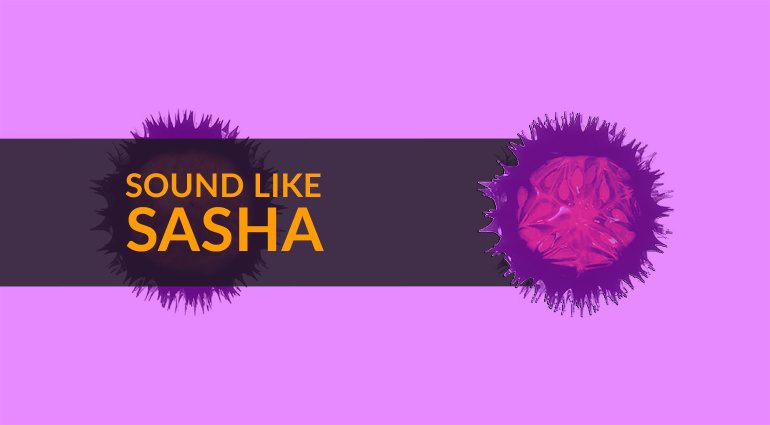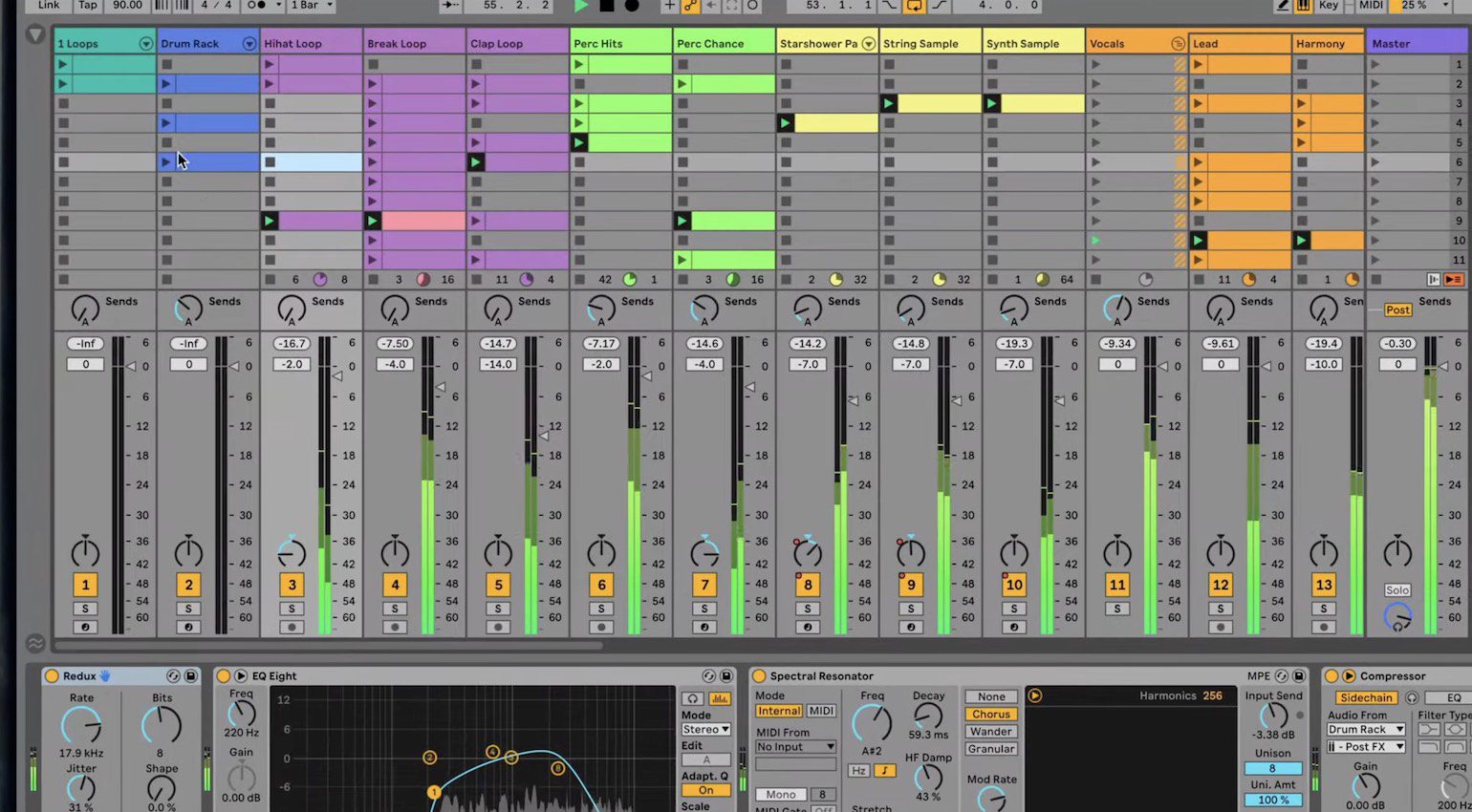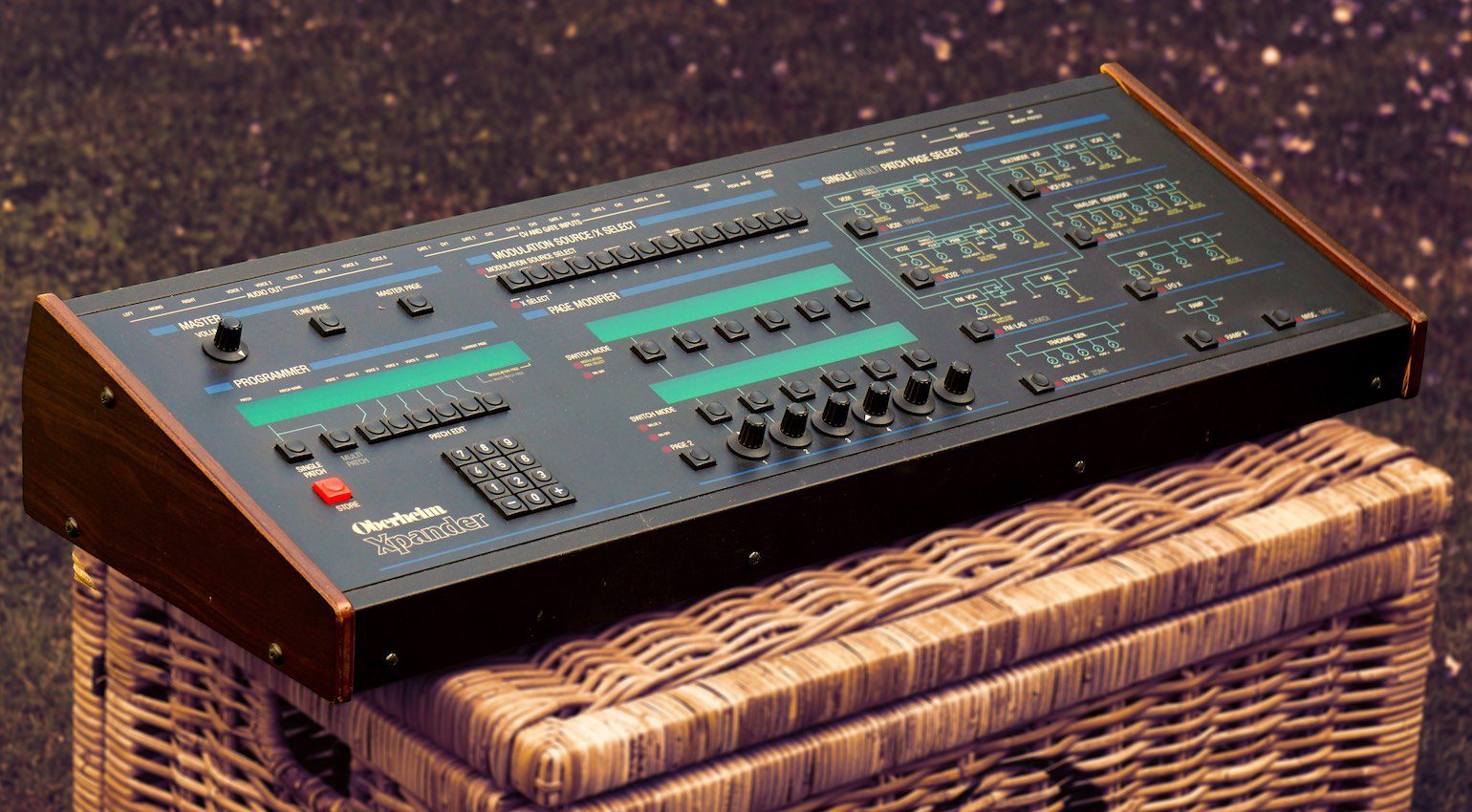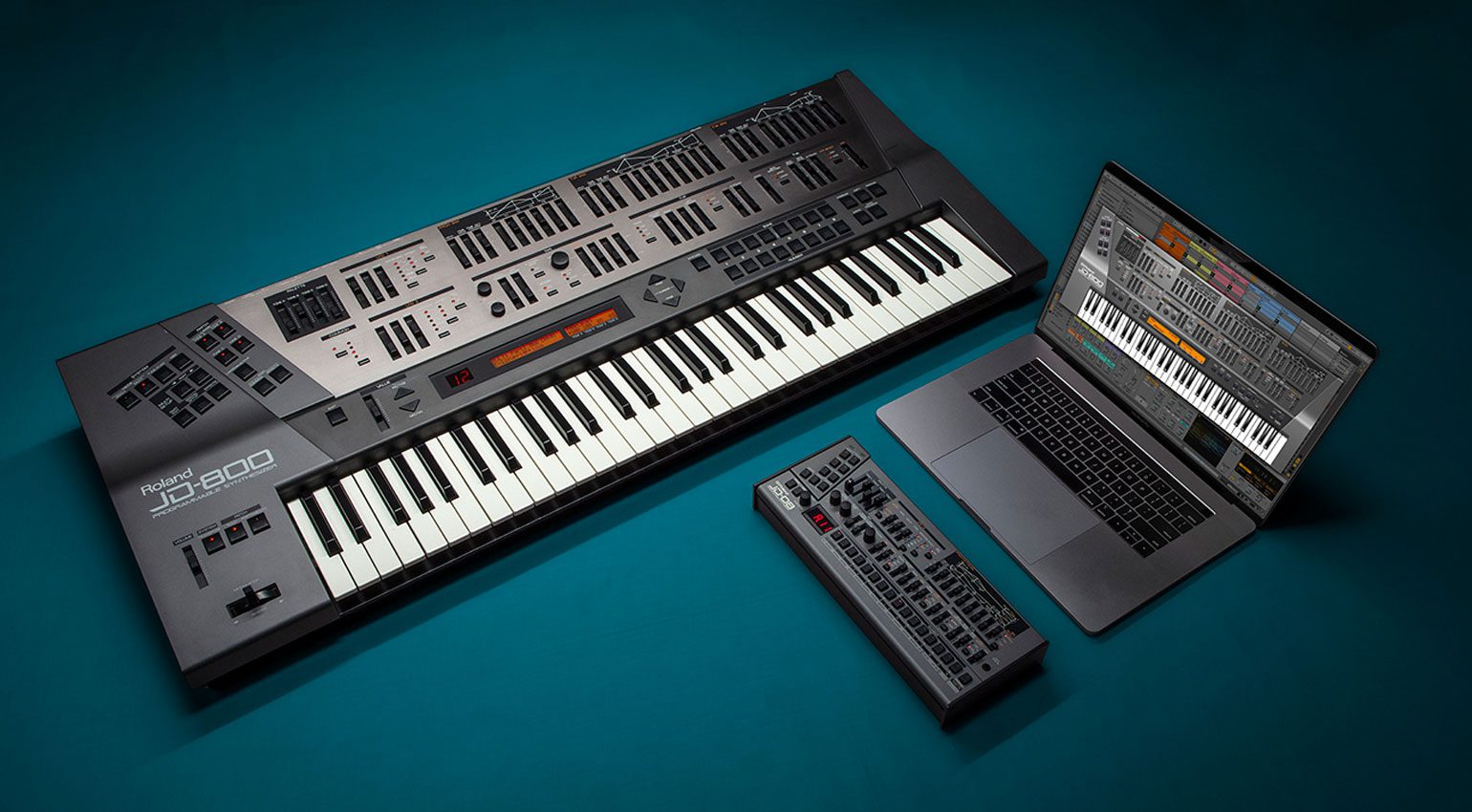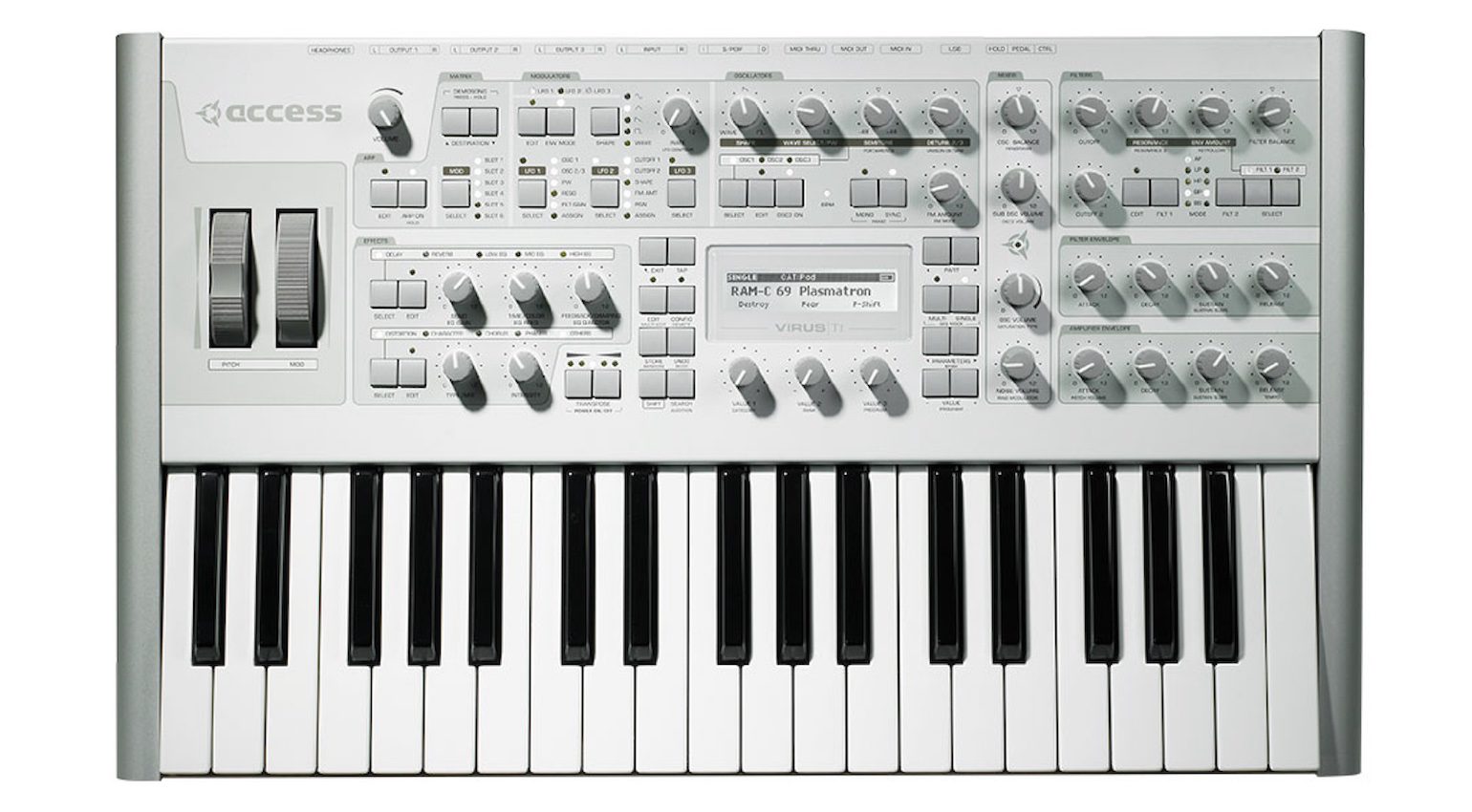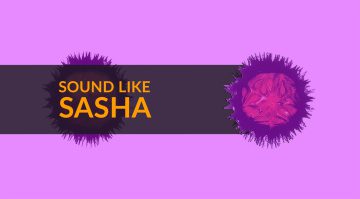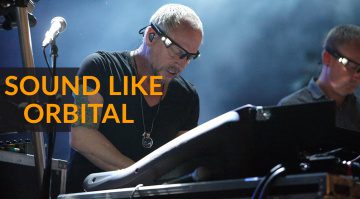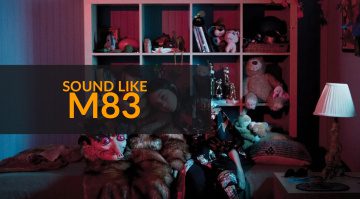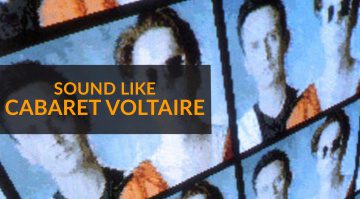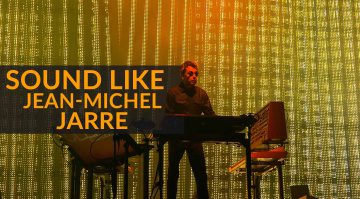Rave Superstar: How To Sound Like Sasha
We’re looking into the electronic artist and DJ icon known as Sasha and some of his key gear choices over the years.
Pioneering DJ and producer Alexander Paul Coe aka Sasha began his journey into electronic music at The Haçienda nightclub in Manchester in the late 1980s.
He fell in love with Acid House music, but his hunger for records meant he also fell into debt and soon began supplementing his income with DJ bookings at illegal rave parties.
One of Sasha’s strengths was his knack for discovering talent and collaboration within the steadily growing dance music industry in the 1990s, and this created long-term partnerships like Sasha & Digweed and many others.
The Sasha Sound
Like many artists back then Sasha’s music setup stemmed from an obsolete Atari computer running Notator. He brought the ambient, euphoric sound of his DJ sets into his music further and further. From Airdrawndagger (2002) to Involver (2004) where he merged remix production and DJ sequencing to create something new.
Ableton Live
Besides being the core of Sasha’s live setup for years with his custom-built Maven controller and interface, Ableton Live provided the means for Sasha’s evolution as an artist with the Involver remix compilation series.
Rather than a traditional compilation, Sasha collected up all the stems of each song on the album from each respective featured artist. This allowed him to delve far deeper into the arrangement dynamics, often twisting, resampling, and time-stretching individual tracks to create completely new instruments and soundscapes.
The transitions between the tracks are a work of art, and as each remix is presented in this almost futurist context it makes the songs even more timeless.

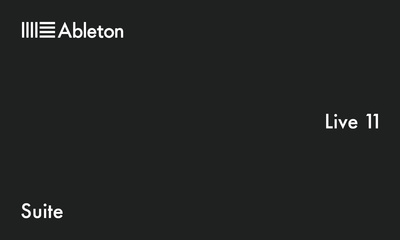
Symbolic Sound Kyma
It’s likely that Sasha was exposed to the Kyma sound design system while working with the multitalented Brian Transeau aka BT, who is a well-known user.
Kyma is a DAW system with its own hardware that provides powerful granular and modelling synthesis capabilities and you can design your own custom synth workflows from scratch.
Although Kyma is known for being far from user-friendly and Sasha often enlisted the assistance of others better versed in the platform, it remains a unique aspect of his sound.
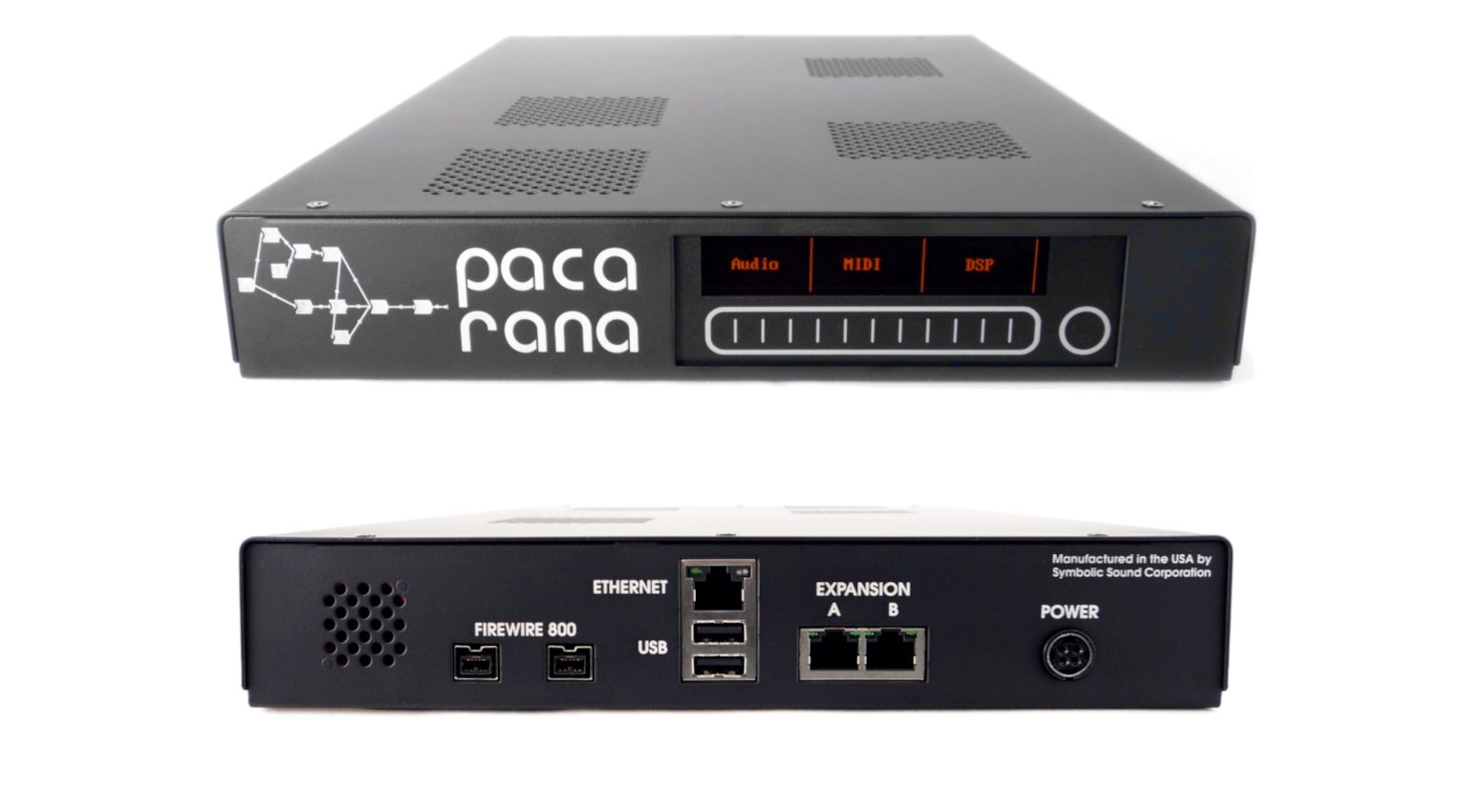
The Kyma Pacarana system. · Source: Symbolic Sound
Oberheim Xpander
Easily one of the most timeless rave tunes of all time, Xpander was named after Oberheim’s unique 6-voice analogue polyphonic synthesizer.
The Xpander uses the same architecture as the Matrix 12, providing the user with analogue oscillators, filter, and envelopes, but an extremely flexible digital modulation system which was groundbreaking back in 1984 when it was introduced.
As an alternative, the Sequential OB-6 module might not have the same modulation matrix, but you get the classic Oberheim sound with plenty of ways to trigger or play the synth expressively.

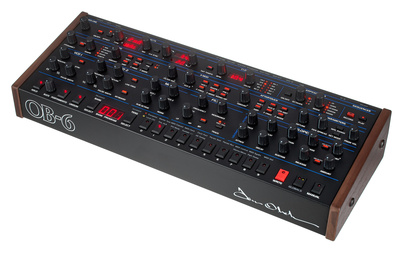
Roland JD-800
After years of digital synths with the most excruciating interfaces, Roland surprised users in the early 1990s with the JD-800. The digital ROM engine provides a similar sound character to the famous D-50, but with an almost virtual analogue level of programmability.
Although the patch library was designed by Eric Persing of Spectrasonics, the idea behind the JD-800 was to take users back to creating sounds from scratch, with expandable memory and 108 waveforms that could also be expanded with PCM cards.
The JD-800 is one of Sasha’s favourite synths of all time, and you can still get it today in the form of the JD-08 in Roland’s popular Boutique series.

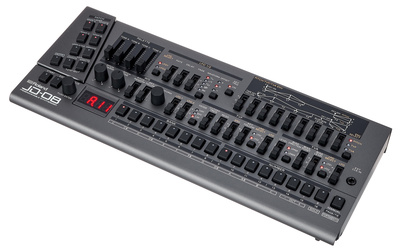
Access Virus TI-2 Polar
The Virus TI-2 is one of the finest virtual analogue synthesizers ever designed. With a quality audio interface, external effects processing capabilities, and the Total Integration software system it’s a mighty formidable instrument, even today.
However, even besides all the comfort features, it’s simply a great sounding and intuitive instrument to use in studio or on stage. The multitimbrality does max out the processor when there’s too much going on, but you can easily reproduce your favourite sounds from classic synths like Moog, ARP, Roland, Oberheim, Sequential Circuits, and Yamaha.
The Virus TI-2 is still available in the 37-key Polar, 61-key Keyboard, and the desktop module.

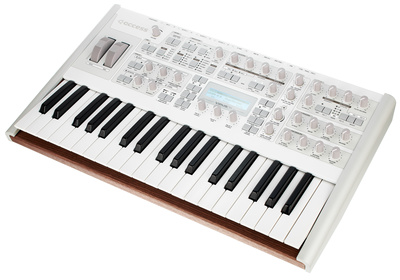
Which of your favourite artists would you like to see in our sound-alike series? Please let us know in the comments below!
More about Sasha:
- Sasha official page
- More sound-alikes
Videos:
You are currently viewing a placeholder content from YouTube. To access the actual content, click the button below. Please note that doing so will share data with third-party providers.
You are currently viewing a placeholder content from YouTube. To access the actual content, click the button below. Please note that doing so will share data with third-party providers.
Note: This article contains affiliate links that help us fund our site. Don’t worry: the price for you always stays the same! If you buy something through these links, we will receive a small commission. Thank you for your support!
 3,7 / 5,0 |
3,7 / 5,0 | 